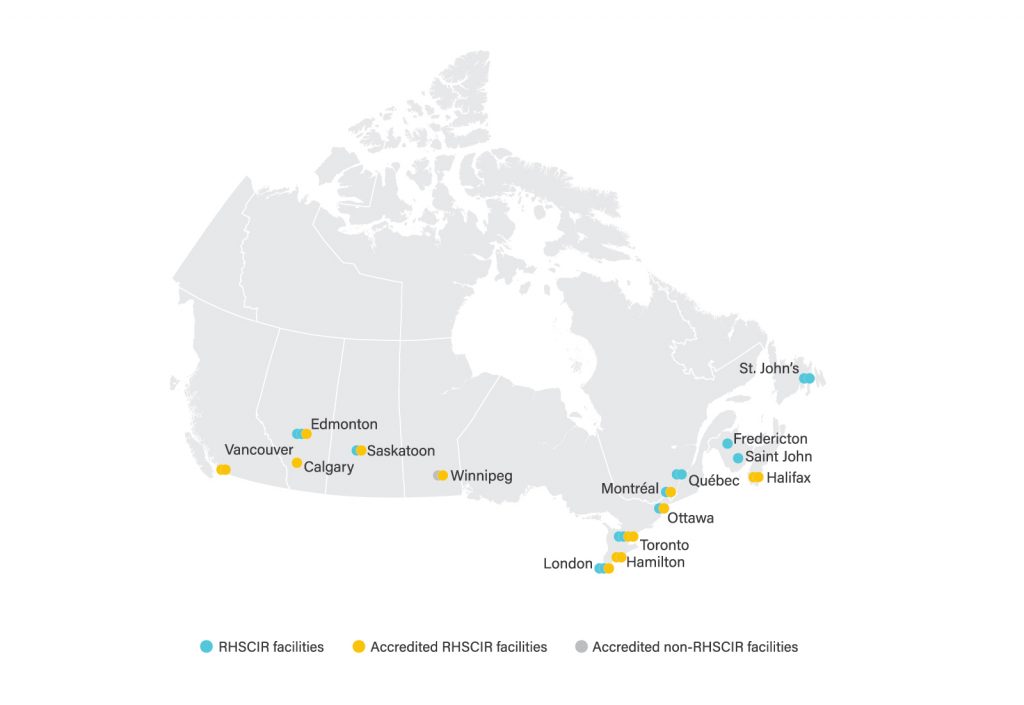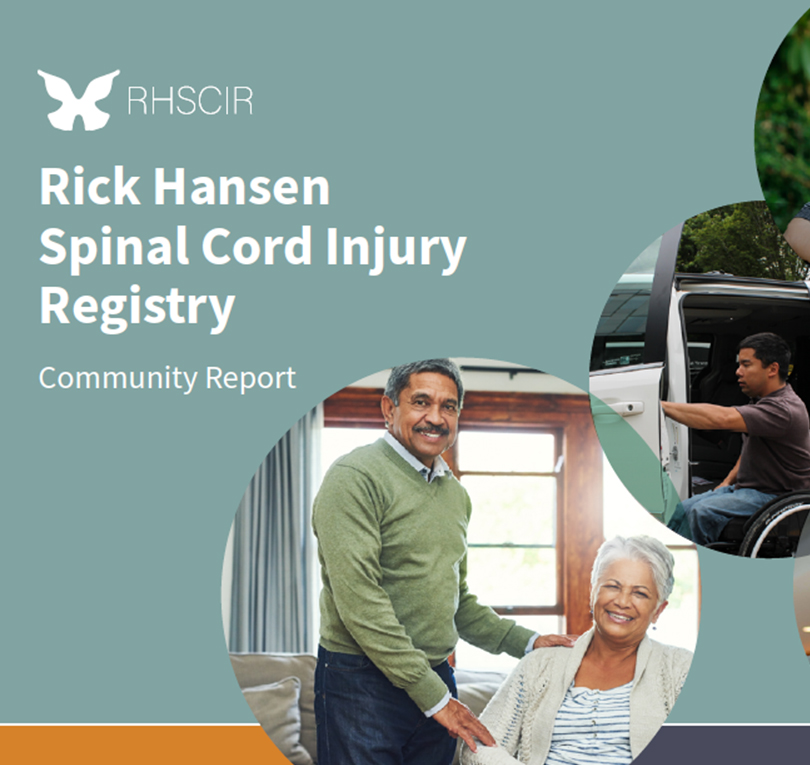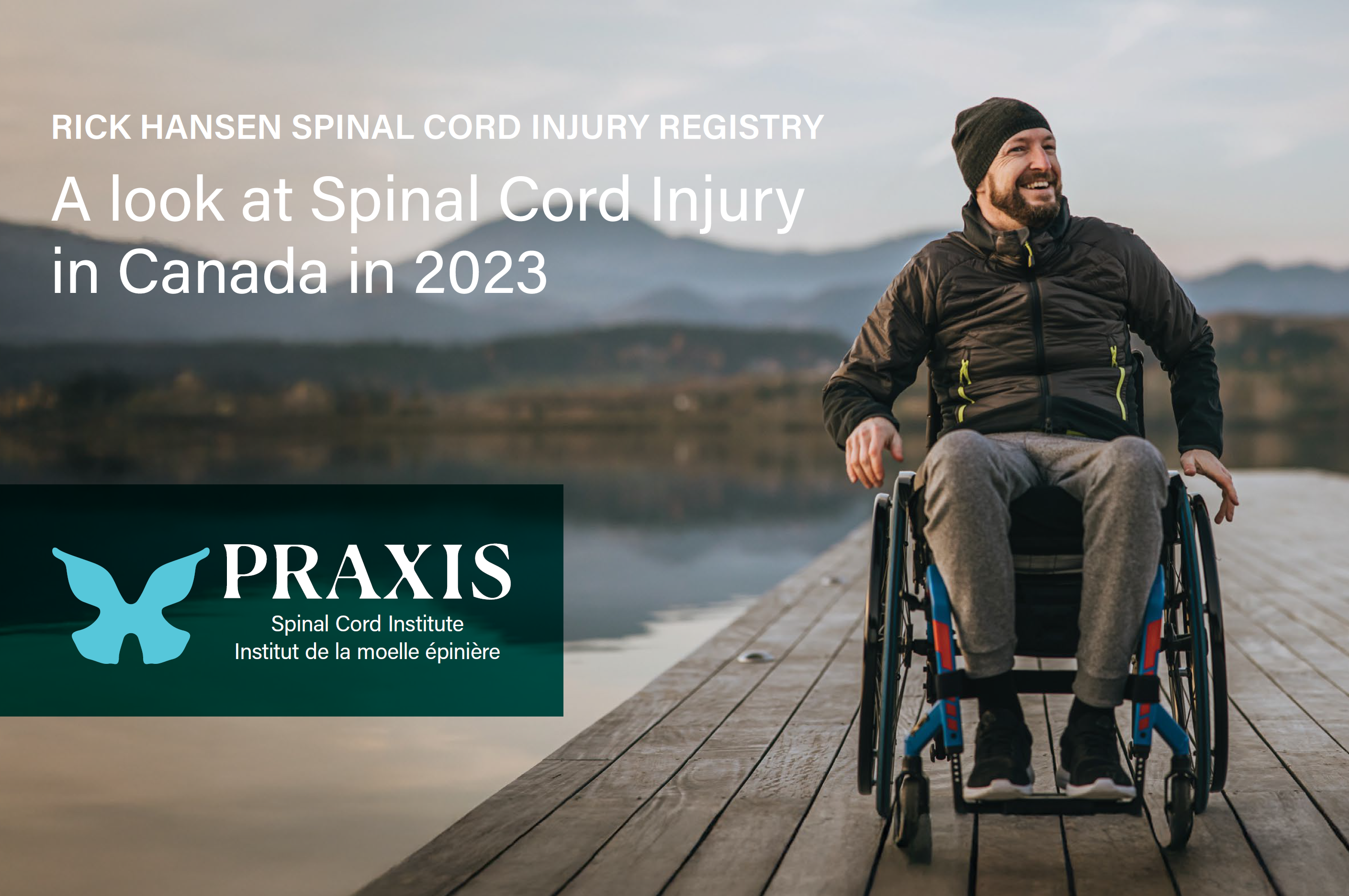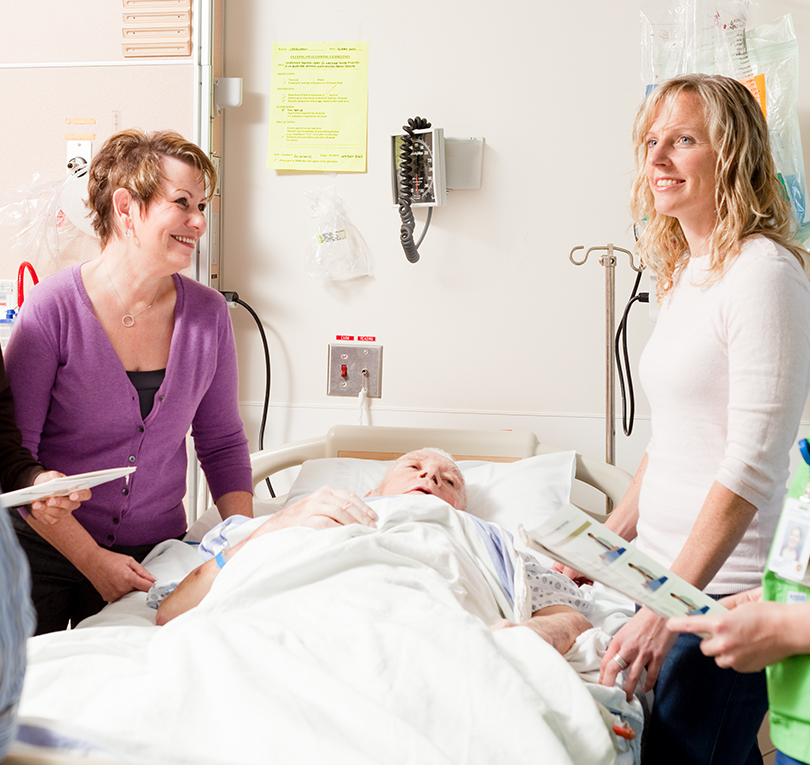A Vision to Improve Care

How many people sustain a traumatic SCI each year? What was the cause of their injury and how severe was it? What treatments result in better outcomes? Ideally, every researcher, clinician and health care administrator would have access to this type of information. The concept of a national registry on SCI was borne out the vision of two individuals: Canadian icon and Paralympian Rick Hansen and renowned spine surgeon and researcher Dr. Marcel Dvorak. As a result, the Rick Hansen SCI Registry (RHSCIR) was established in 2004.
Launched as a single site at Vancouver General Hospital, RHSCIR has since grown to include 30 major trauma and rehabilitation centres across Canada. It includes nearly 8,000 participants making it the largest database that tracks the experiences of people living with SCI in Canada from the moment they sustain their injury and throughout their lifetime.
RHSCIR has international collaborations with hospitals in New Zealand, China and Israel, marking its turn as a truly global endeavor.
RHSCIR is a prospective observational study. This means that data is collected from participants without including any medical interventions or therapies. A standardized data set (such as demographics and information about the injury) is collected at all participating RHSCIR sites and aligns to international standards such as the ISNCSCI. Sites receive training to ensure high quality data is collected. RHSCIR enables provincial, national and international data exchange to advance SCI research and care through. Data is collected through its secure, shared online platform.
Non-traumatic SCI represents roughly half of the SCI population in Canada. RHSCIR is expanding its data collection to include people with non-traumatic SCI, enabling researchers to obtain a more complete picture of SCI.












